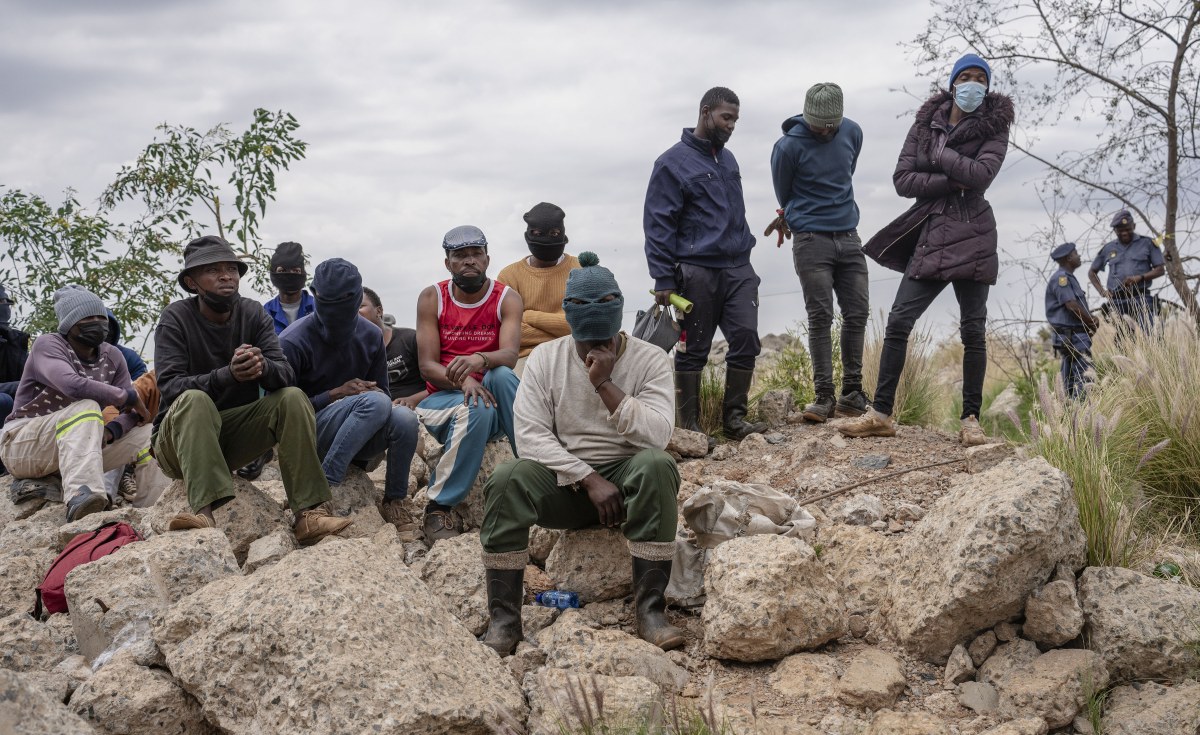Addis Abeba – Shimelis Abdisa, President of the Oromia regional state, has indicated the possibility of peace talks with the “Oromo Liberation Army (OLA) Central Zone Command” after reports of an internal split within the armed group.
In a social media post on 10 October 2024, President Shimelis noted the central command’s interest in dialogue with the government, calling it “a positive and encouraging step.”
“If this group shows genuine commitment through action, our government is ready to welcome them and engage in peace talks, as we have promised,” Shimelis said.
The president’s remarks come after reports of an internal split within the Oromo Liberation Army (OLA). Sagni Nagasa, the former commander of the OLA’s central zone and a member of its executive committee, recently told BBC Afaan Oromo that the group lacks “bylaws and a constitution.”
He accused the group’s leader, Kumsa Diriba (Jaal Marroo), of authoritarian leadership and said he is “open to talks” with the government.
“If the government is willing to engage, we are ready to resolve our issues according to our program. We are open to dialogue if the government opens its doors,” Sagni said.
In response, President Shimelis reaffirmed that the government would create “favorable conditions” for militants seeking peace. “We will provide the necessary support for them to rebuild their lives and reintegrate into society,” he added.
Shimelis welcomed the OLA Central Zone Command’s willingness to engage in peace talks, expressing the government’s readiness to create “all necessary conditions for successful discussions.”
He also emphasized the government’s “unwavering commitment” to the peace process and called for cooperation from all stakeholders.
Previously, the OLA’s Public Relations Office had denied reports of an internal split, stating that Sagni Nagasa was dismissed from the group months ago “on account of treasonous sabotage.”
The militarized conflict between OLA and government forces has plagued the Oromia region leading to considerable loss of life, alleged human rights abuses, and extensive disruption of civilian communities across the region. AS










